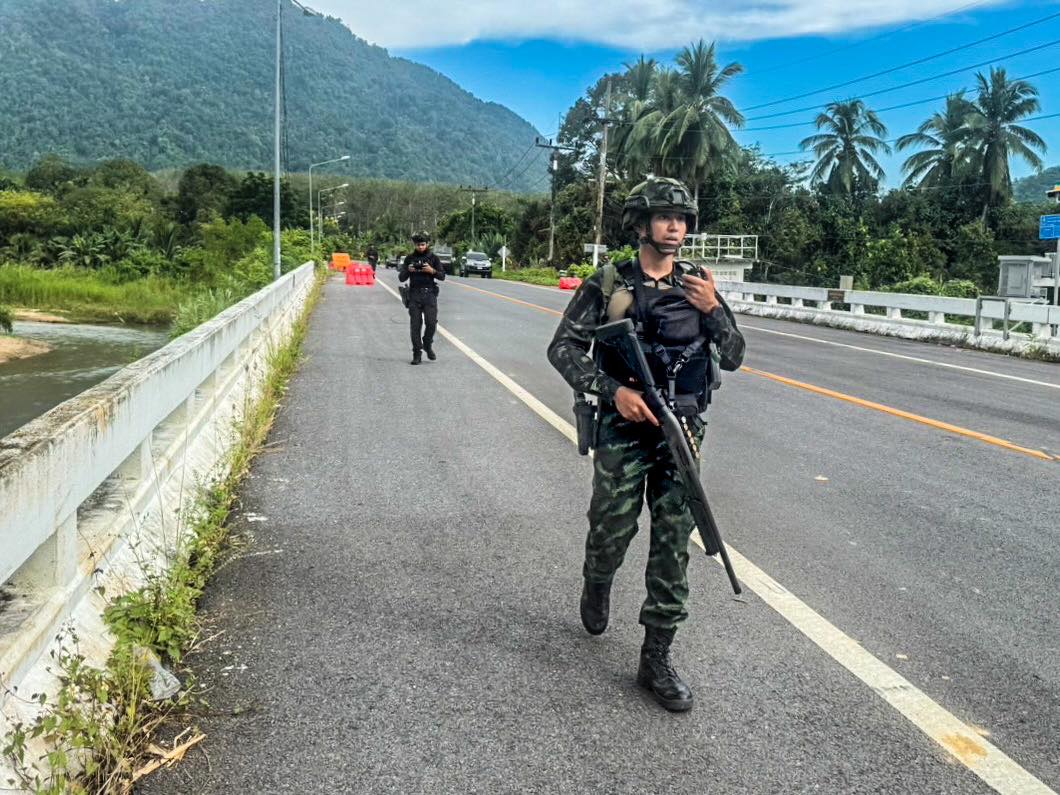Already a subscriber? Make sure to log into your account before viewing this content. You can access your account by hitting the “login” button on the top right corner. Still unable to see the content after signing in? Make sure your card on file is up-to-date.
Thailand has officially suspended its US-brokered peace agreement with Cambodia.
Some shit you should know before you read: Back in July, fighting broke out between Thailand and Cambodia along their disputed border, triggering one of the deadliest flare-ups in years. The conflict centers on long-contested territory near ancient temples, with both sides accusing the other of initiating attacks. Thailand claims the violence began when Cambodian forces deployed surveillance drones and fired into Thai territory, while Cambodia alleges that Thai troops violated prior agreements by advancing near the Preah Vihear temple complex. Each nation has traded blame for attacks on civilian areas. Ultimately, both sides agreed to a ceasefire and a “peace” agreement that was brokered by President Trump.

What’s going on now: In a notable development, Thailand has pulled out of the peace agreement, citing continued threats to its national security following a landmine explosion that injured four Thai soldiers near the Sisaket province border. One soldier lost a foot, and the Thai military claims the mine was newly planted on their side of the border. Prime Minister Anutin Charnvirakul announced that “everything has to stop until there is clarity,” halting all terms of the truce, including the planned release of 18 Cambodian soldiers. The Thai Air Force and top military officials echoed this stance, stating that all cooperation with Cambodia is suspended until “hostile actions” end and sincerity is demonstrated by Phnom Penh.
At the heart of the collapse is mutual distrust and a string of unverified ceasefire violations. Thailand argues that Cambodia has obstructed demining efforts and may have continued laying explosives despite agreeing to clear the area. Cambodian officials have denied any wrongdoing, with a Ministry of Foreign Affairs statement calling Thailand’s accusations “baseless” and reiterating that Cambodia remains committed to the agreement.
This comes as the peace deal itself was already fragile. Signed in October on the sidelines of the ASEAN summit in Malaysia, the agreement was more of a joint declaration than a binding treaty. Thailand has consistently refused to refer to it as a formal “peace deal,” and there were early signs of skepticism from Thai leadership about US involvement.
More to come.







